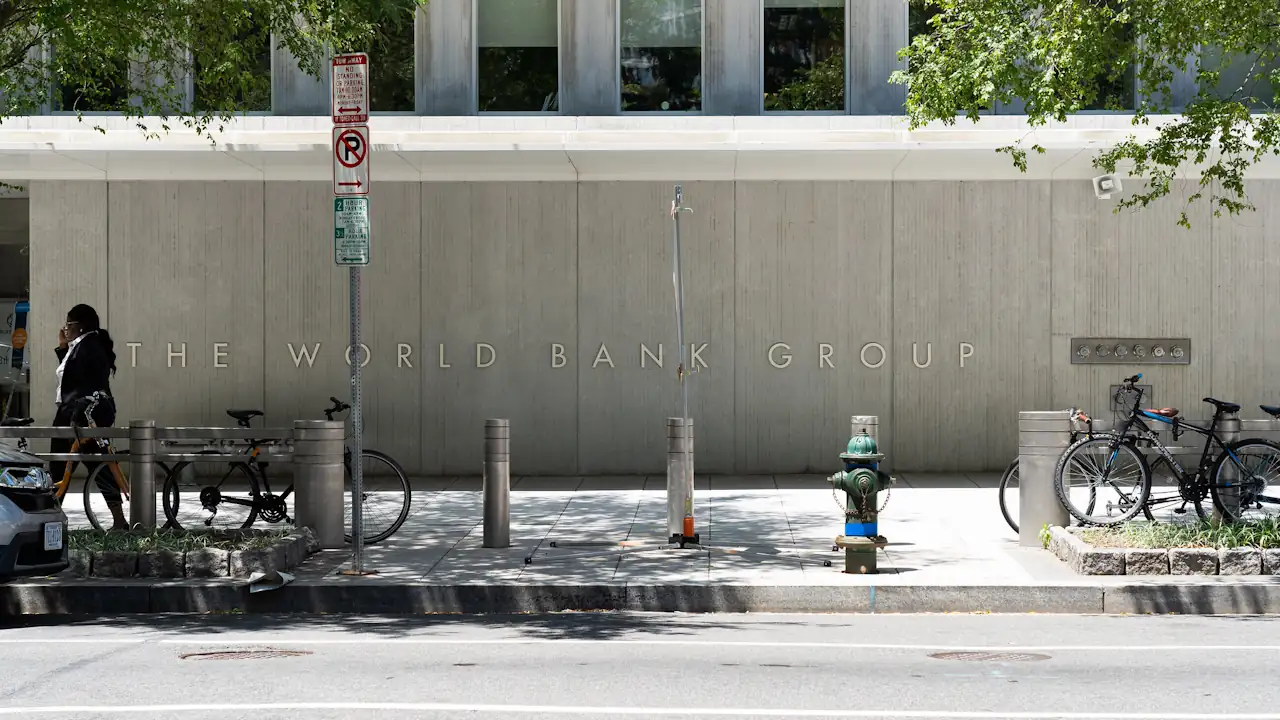
Fitch Ratings affirmed its credit rating on Uganda at B+, one of the higher non-investment grade ratings for risky issuers, saying the ratings are supported by favourable medium-term growth prospects and macroeconomic stability, but constrained by weak governance and budget and current account deficits.
The outlook remains negative, as Fitch believes that Uganda’s external financing and liquidity pressures could lead to a downgrade in the near term.
Downside risks to fiscal adjustment owing to public financial management shortfalls, notably in revenue collection, will exacerbate financing and liquidity pressures due to high government interest payments and rising external debt service amid tight financing conditions, and a weak reserve position.
The agency noted that Uganda’s relationship with donors has been strained over concerns about democracy, human rights and corruption, reducing access to concessional funding. In particular, the World Bank, by far Uganda’s largest concessional donor, suspended new funding last August in protest against yet another anti-homosexuality law.
Fitch is one of three major global rating agencies whose opinions are closely watched by foreign investors and economists. Moody’s rates Uganda’s sovereign credit at B2 with a negative outlook — downgraded from stable in November 2022 due to “external vulnerability risks” — while S&P cut its rating to B- with a stable outlook last October, citing a rising debt service burden.
Fitch said that shortfalls in concessional funding forced the government to borrow at higher cost from external commercial lenders and on the domestic market. As a result, net domestic financing rose to 3.4 per cent of GDP in the financial year to June, above the budgeted 2.7 per cent of GDP, and the government has doubled its domestic financing projection for the current financial year to 1.8 per cent. Fitch expects domestic financing to average 2.4 per cent of GDP in 2024/25.
The agency’s expectations for Uganda’s fiscal deficit to narrow are less rosy than the government’s; it expects it to fall from 5.5 per cent of GDP in 2022/23 to 4.1 per cent in 2023/2024 and 4 per cent in 2024/2025, higher than the government’s targets of 3.8 per cent and 3.6 per cent respectively. This is based on the assumption of “continued revenue underperformance and overrun in interest payments and recurrent expenditures.”
Uganda has a record of revenue underperformance and weak budget planning, which have led to some arrears accumulation (stock at 1.5 per cent in FY23) and supplementary budget for additional spending, around 1.7 per cent of GDP for FY24, funded through additional domestic borrowing and spending reallocation. Despite continued efforts, we expect revenue below government’s projections, due to grant shortfalls, slow removal of tax exemptions and lack of new revenue-raising measures. Uganda’s narrow revenue base reduces the government’s ability to respond to shocks.
Although Uganda has “strong growth prospects” based on activity in the oil and gas sector, a recovery in external demand, and increased agricultural production, Fitch said, the risks of slower growth in the near term outweigh those of a pick-up in activity. These include “a contractionary fiscal stance, adverse weather conditions, and regional instability.”
The opinions of credit rating agencies are used by investors to decide whether to invest money in a particular country or company. This is because the agencies provide an independent and objective assessment of the creditworthiness of countries and companies.
A high credit rating indicates a high probability that loans will be repaid in full without problems; countries with favourable ratings tend to raise funds on international markets at a lower cost. A poor credit rating indicates that the borrower has had problems repaying loans in the past and may follow the same pattern in the future.






